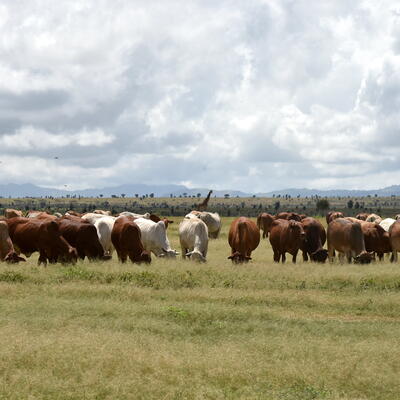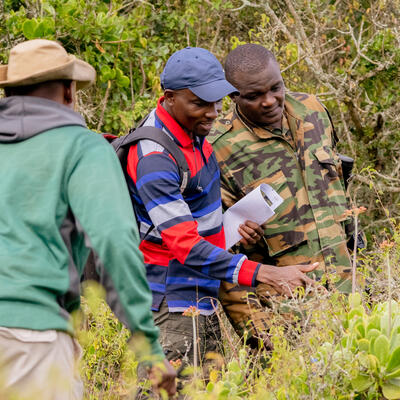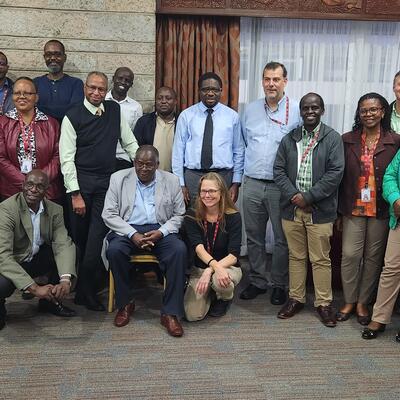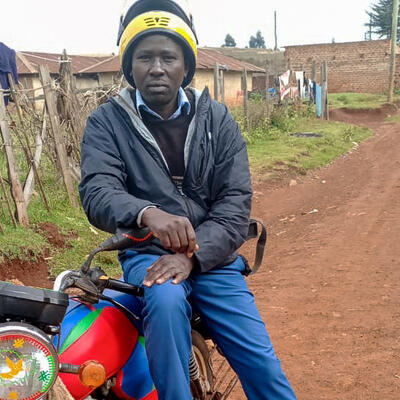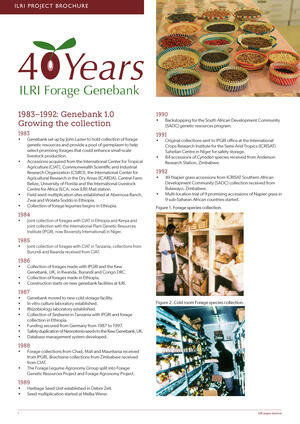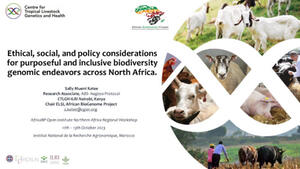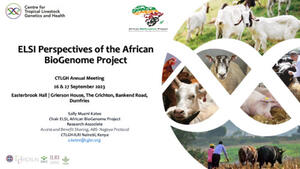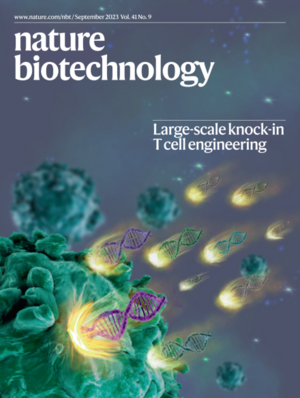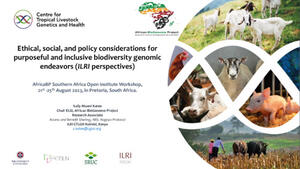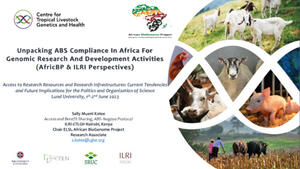
Cryoconservation of African poultry breeds: Safeguarding indigenous and endangered breeds
Globally, chickens are the most common livestock species and are an important source of protein for human nutrition. Over the years, reproductive technology has evolved to play an important role in livestock breeding programs and conservation of genetic diversity. Biobanking, or cryoconservation of animal genetic resources, is a strategically important process and tool to preserve breeds and endangered species.
Now, scientists at the International Livestock Research Institute (ILRI) and the Centre for Tropical Livestock Genetics and Health (CTLGH) have shown that isolation and freezing of germ cells from chicken embryos can provide a new approach for conservation of poultry material.
Primordial Germ Cells (PGCs) are stem cells which can be harvested from 9-day-old embryos using a non-invasive gonad protocol. When PGCs are inserted into sterile chicks, they develop into fertile animals producing gametes that are genetically identical to the stem cells. This restores and maintains the genetic breed of interest.
This method paves the way for conservation of African poultry genetics, and safeguards against loss of diversity in poultry populations, which also threatens endangered species.
’The impact of stem cell technology has opened up opportunities for scientific interventions in indigenous poultry genetics and conservation at the Kenya Agriculture and Livestock Research Organization (KALRO) and in Kenya at large,’ said Evans Ilatsia, director of the Dairy Research Institute, KALRO, based in Naivasha.
He added that these interventions would create valuable opportunities for enhanced breeding technologies and dissemination of genetic resources to improve the living standards of households involved.
Christian Keambou Tiambo, scientist at ILRI and co-lead of the CTLGH's reproductive technologies program, said, ‘This technology has revolutionized the future of livestock by providing efficient and affordable methods for African poultry genetic diversity conservation, restoration and dissemination of elite breeds on the continent.’
He further added, ‘Genetic material available at ILRI’s biorepository is available to support all poultry genomic research and give back to the communities, and we have commenced training on this technology across Africa with targeted training in Kenya, Cameroon, and the Democratic Republic of Congo. In 2022, we expect this technology to be extended to other part of Africa and southeast Asia in collaboration with the African Union - Interafrican Bureau for Animal Resources (AU-IBAR).
Mary Mbole-Kariuki, a technology, innovations and skill development expert at AU-IBAR, highlighted that Africa is increasingly becoming a key player in acquiring, generating and applying knowledge to development challenges. The continent is focused on utilizing science, technology and innovation as tools of change.
AU-IBAR has continued to collaborate with various stakeholders to build technical and infrastructural capacities that are geared towards driving knowledge-based economies in Africa. Currently, there are five regional genebanks that have been established across the continent to support cryoconservation of animal genetic material, particularly indigenous and endangered livestock breeds. The training of African animal scientists, technicians and researchers has established a knowledge base that will significantly contribute to stocking of the regional genebanks. This technology could be the panacea to reducing loss of local poultry breeds or diversity, and ultimately conserving adaptive genes that are critical in the face of climate change.
Adoption of this technology will lead to cryoconservation of chicken genetic material in regional genebanks and the restoration of endangered or threatened local poultry populations. A promising food and nutrition-secure future in Africa is certain.
Photo Credit: New poultry research facility and art installtion at the Ethiopian campus of ILRI (ILRI/Apollo Habtamu)
Learn More:
Biobanking African poultry breeds for the future. Innovation Brief. 2021.Nairobi, Kenya







